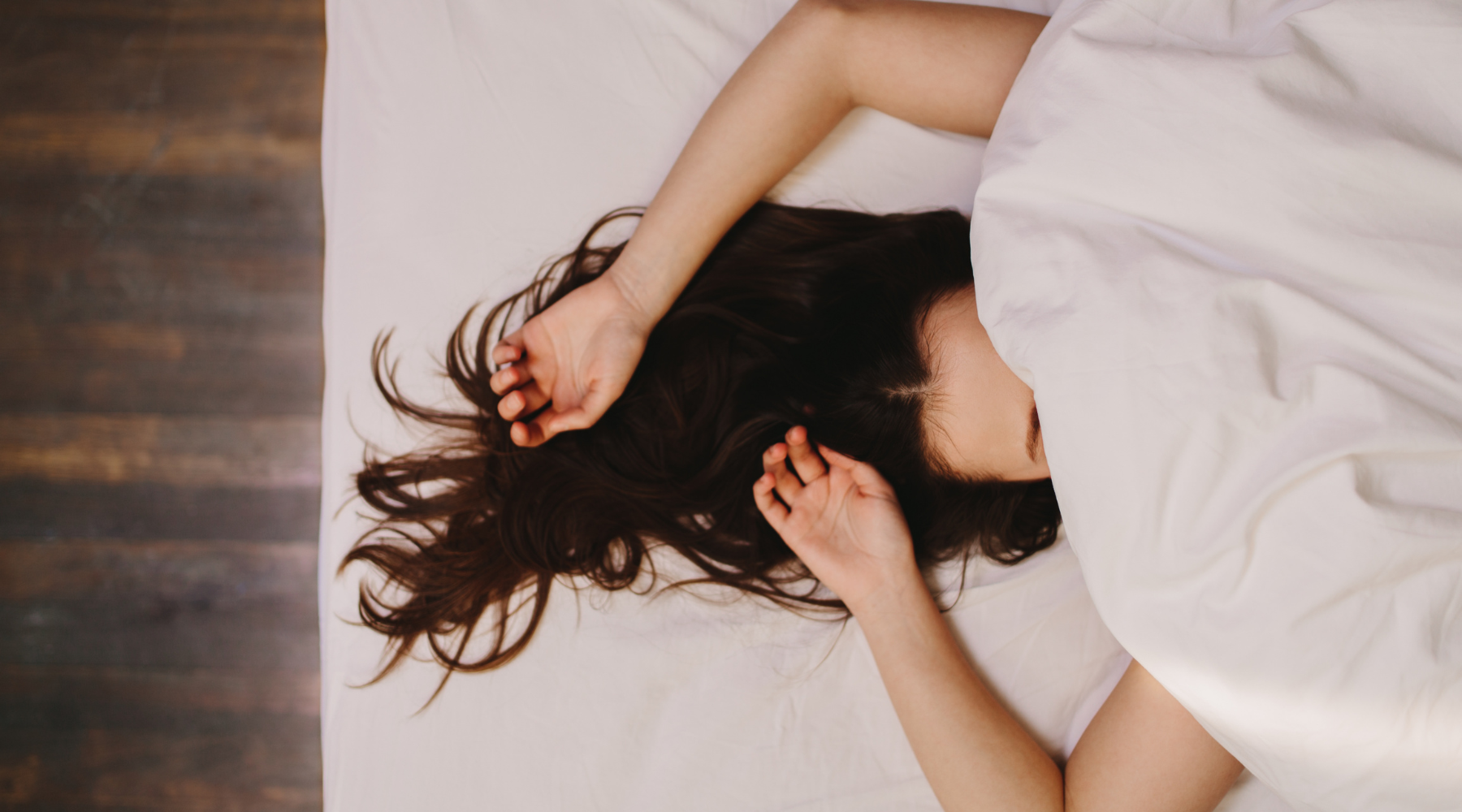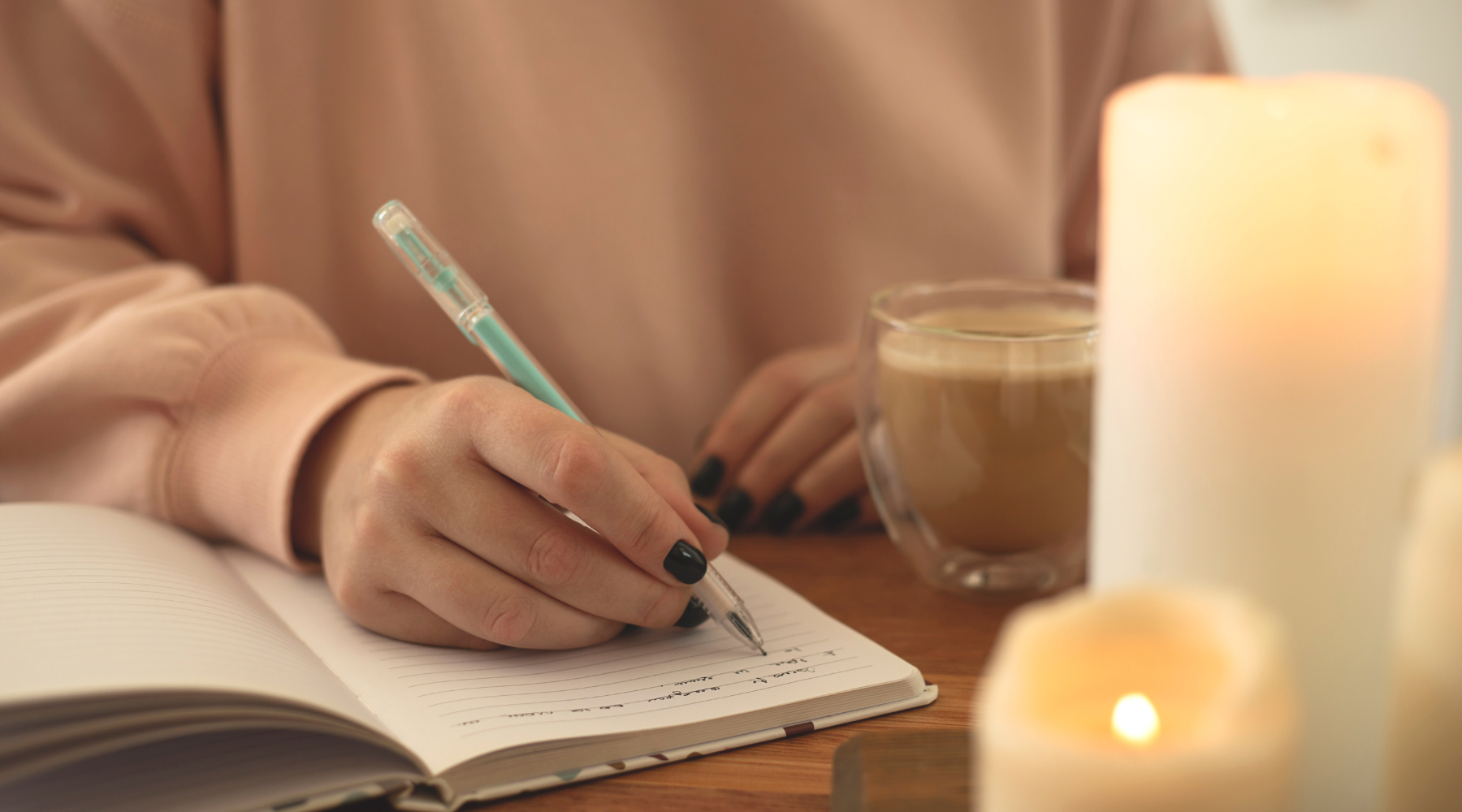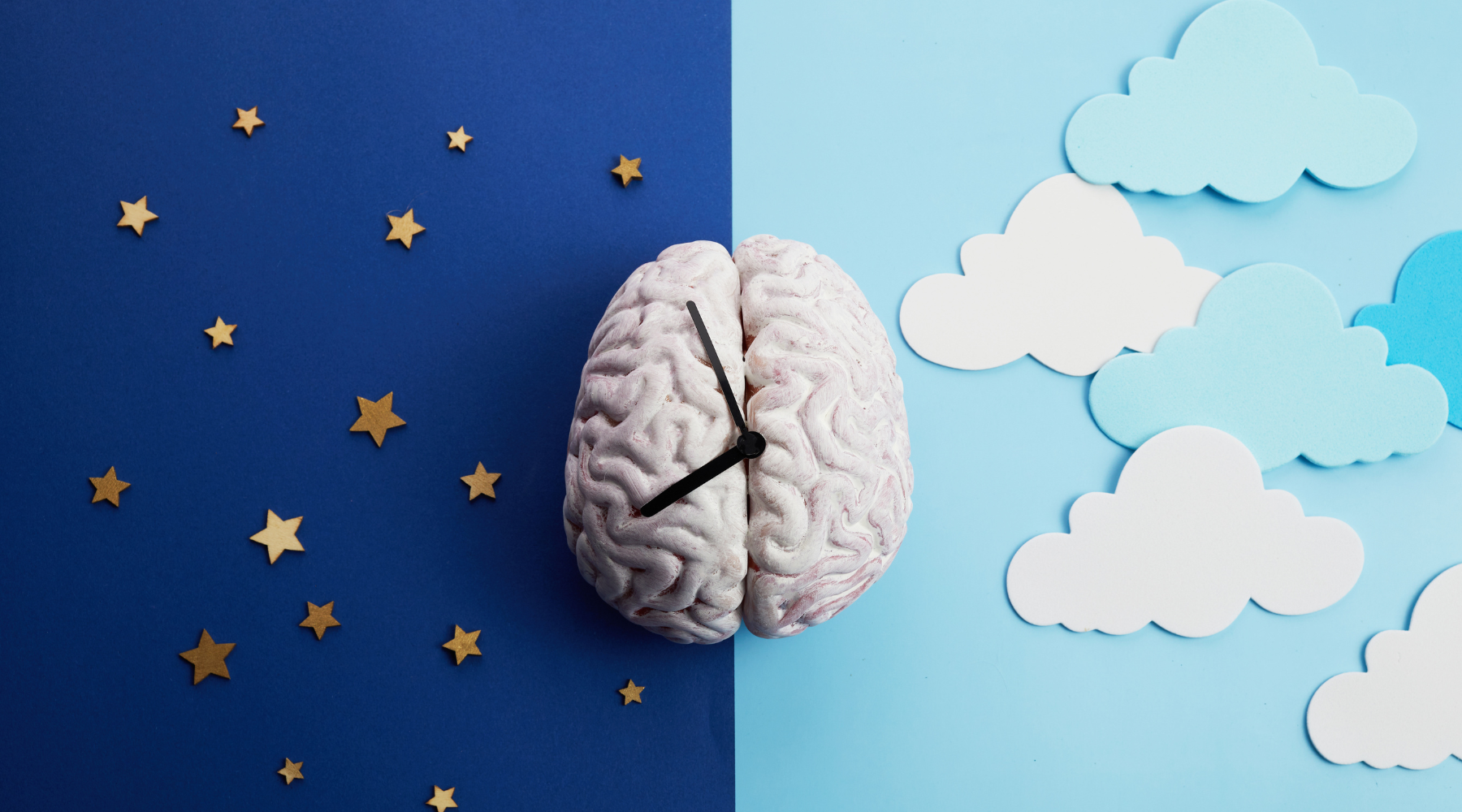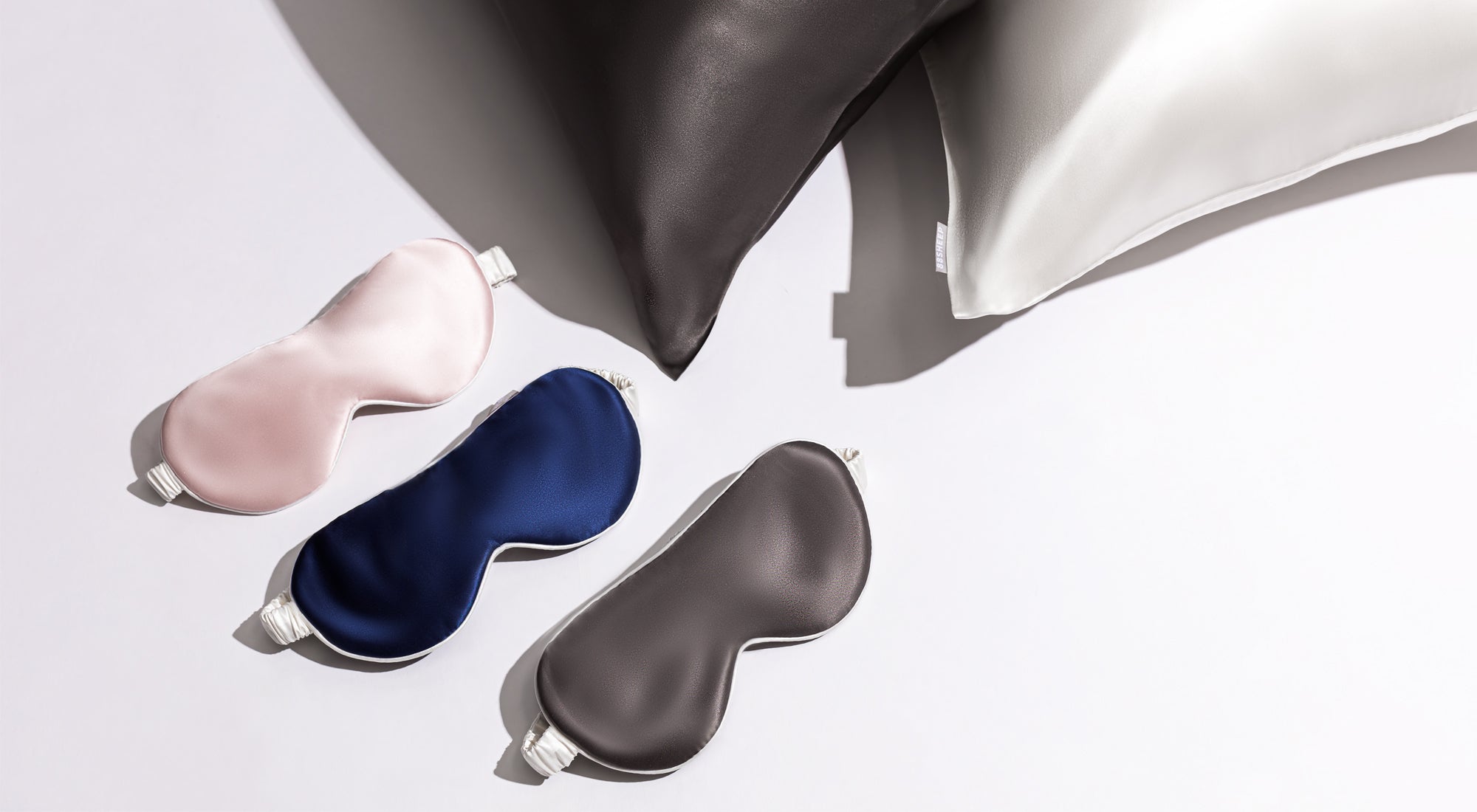Sleep Hygiene 101: Essential Habits for Restful Nights

In our fast-paced world, a good night's sleep can sometimes feel like a luxury. Yet, quality sleep is not just a luxury—it's a necessity for our physical health, mental well-being, and overall quality of life. Enter sleep hygiene: the collection of habits and practices that are conducive to sleeping well on a regular basis. In this comprehensive guide, we'll explore the essential habits that can transform your nights and revolutionize your days.
The Science of Sleep
Before diving into sleep hygiene practices, it's crucial to understand the basics of sleep. Our sleep occurs in cycles, each lasting about 90 minutes. These cycles include light sleep, deep sleep, and REM (Rapid Eye Movement) sleep, each playing a vital role in our physical and mental restoration.
Good sleep hygiene can significantly impact the quality of these sleep cycles. By creating optimal conditions for sleep, we allow our bodies to move through these cycles more efficiently, leading to more restorative sleep. For a deeper understanding of sleep cycles and how they affect your well-being, the Sleep & CBT-I Workbook offers invaluable insights and strategies.
Creating the Ideal Sleep Environment
Your bedroom should be your sleep sanctuary. Here's how to optimize your sleep environment:
- Temperature control: Keep your bedroom cool, ideally between 60-67°F (15-19°C). Our body temperature naturally decreases to initiate sleep, so a cool room can facilitate this process.
- Light management: Darkness is crucial for quality sleep as it helps regulate our circadian rhythm. Use blackout curtains or a Silk Sleep Mask to block out unwanted light. These luxurious sleep masks not only block light effectively but also feel incredibly comfortable against your skin.
- Noise reduction: If you live in a noisy area, consider using a white noise machine or earplugs to create a quieter environment.
- Comfortable bedding: Invest in a supportive mattress, comfortable pillows, and breathable bedding. The right bedding can make a significant difference in your sleep quality.
Establishing a Consistent Sleep Schedule
Our bodies thrive on routine. Try to go to bed and wake up at the same time every day, even on weekends. This consistency helps regulate your body's internal clock, making it easier to fall asleep and wake up naturally.
To help maintain this schedule, consider using a 15 Minute Hourglass Timer as part of your bedtime routine. This can serve as a visual cue to start winding down and prepare for sleep.
Pre-Sleep Relaxation Techniques
Preparing your mind for sleep is just as important as preparing your environment. Here are some effective relaxation techniques:
- Mindfulness and meditation: Practices like mindfulness can help calm a racing mind. The Calm Workbook offers a variety of exercises to help you cultivate a sense of peace before bedtime.
- Gentle stretching or yoga: Light physical activity can help release tension in your body. The Mind & Body Book provides guidance on harmonizing your physical and mental states for better sleep.
- Reading or journaling: Engaging in a calming activity like reading or journaling can help transition your mind from the day's stresses to a restful state. The School of Life offers various books and journals that can be perfect for this pre-sleep ritual.
The Role of Diet in Sleep Hygiene
What you eat and drink can significantly impact your sleep quality. Here are some dietary tips for better sleep:
- Foods that promote sleep: Incorporate foods rich in tryptophan (like turkey, eggs, and cheese), magnesium (like nuts and seeds), and complex carbohydrates into your dinner.
- Foods and drinks to avoid: Limit caffeine, alcohol, and large meals close to bedtime. These can disrupt your sleep cycles and make it harder to fall asleep.
- Timing of meals: Try to finish eating at least 2-3 hours before bedtime to allow for proper digestion.
Exercise and Sleep
Regular exercise can significantly improve sleep quality. However, timing is crucial:
- Aim for at least 30 minutes of moderate exercise most days of the week.
- The best time to exercise for sleep is usually in the morning or afternoon. Vigorous exercise too close to bedtime can be stimulating and make it harder to fall asleep.
- Gentle exercises like yoga or stretching can be beneficial closer to bedtime.
Managing Stress and Anxiety for Better Sleep
Stress and anxiety are common culprits behind sleep issues. Here are some strategies to manage them:
- Use cognitive techniques to calm your mind. The Anti-Anxiety Notebook provides structured exercises based on Cognitive Behavioral Therapy to help manage anxiety and racing thoughts.
- Try worry journaling before bed. Writing down your concerns can help clear your mind. The Know Yourself Prompt Cards can provide thoughtful prompts to guide your journaling practice.
The Impact of Technology on Sleep
In our digital age, technology often interferes with our sleep. Here's how to manage it:
- The blue light emitted by screens can suppress melatonin production, making it harder to fall asleep. Try to avoid screens for at least an hour before bed.
- Create a "tech-free" bedtime routine. The Phone Detox book offers strategies to cultivate a healthier relationship with technology, which can significantly improve your sleep hygiene.
Addressing Common Sleep Disruptors
Even with good sleep hygiene, you might encounter some common sleep disruptors:
- For noise issues, consider using earplugs or a white noise machine.
- If your partner's sleep habits disturb you, have an open conversation about compromises, like using separate blankets or staggered sleep schedules.
- For shift workers or frequent travelers, try to maintain as consistent a sleep schedule as possible and use light exposure strategically to help regulate your circadian rhythm.
When to Seek Professional Help
While good sleep hygiene can resolve many sleep issues, sometimes professional help is necessary. Consider seeking help if you:
- Consistently have trouble falling asleep or staying asleep
- Feel excessively sleepy during the day despite getting enough sleep
- Snore loudly or gasp for air during sleep
For those dealing with anxiety-related sleep issues, the Sleep Anxiety Bundle combines practical tools with comforting items to help manage anxiety and improve sleep quality.
Conclusion
Achieving restful nights is not about a single magic solution, but rather a collection of habits and practices that work together to promote quality sleep. Remember, changes to your sleep routine may take time to show effects, so be patient and consistent.
Start by implementing one or two of these sleep hygiene practices and gradually incorporate more as they become habitual. Your journey to better sleep is a marathon, not a sprint, but the benefits to your overall health and well-being are well worth the effort.
We'd love to hear about your experiences with improving your sleep hygiene. Share your tips and challenges in the comments below. And don't forget to explore our range of sleep-related products at 88sheep.com, designed to support you in your quest for restful nights and energized days.
Sweet dreams, and here's to waking up refreshed and ready to seize the day!



